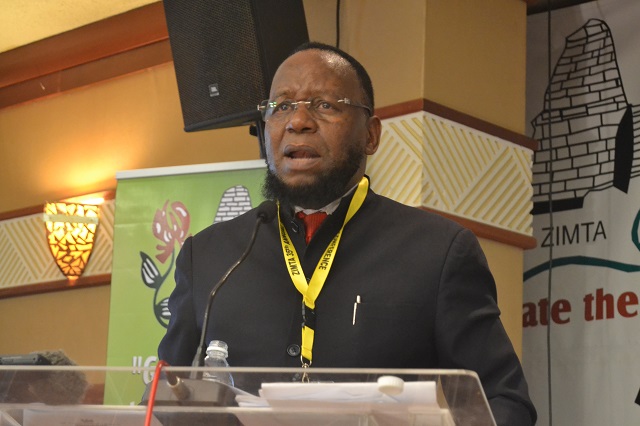Govt to embark on rural schools borehole project

Pamela Shumba, Senior Reporter
GOVERNMENT will next year embark on a massive project that will see every rural school having a borehole, a one hectare drip irrigation plot and a solar panel as part of scaling up efforts to complement the feeding scheme in schools.
Primary and Secondary Education Minister Dr Lazarus Dokora said the project will start in May next year.
He was responding to questions in Parliament on how effective the feeding scheme was in schools.
“The calculation of the component of grain requirement to the end of term in December 2017 stands at approximately $18,5 million but this is the transfer costing mechanism where grain is delivered to the school system and there is counterpart support from the communities when they are also expected to chip in with relish supplies.
“There is a further component that we are preparing for, which is the scaling up of school feeding to the day secondary schools but that is going to happen next year in May. We will capacitate every rural day school with at least a borehole, a one hectare drip irrigation plot and some solar panel as part of our Triple P efforts in the sector. It is a burden that we all share,” said Dr Dokora.
He said a total of $9 million has also been set aside for the purchase of learning material for Government schools.
“I have put it clearly to all our systems that we have $9 million for which schools have made their indications and the procurement processes are underway.
“School Development Committees can also stock some of the library requirements of their schools. It’s my ministry’s responsibility to issue duty free certificates that are granted to me through the Ministry of Finance and Economic Development so that these books can come in for free and go into the libraries of the schools,” said Dr Dokora.
On construction of schools, he said, his ministry had identified a consulting firm for the pilot phase of the 100 schools to be built in different parts of the country.
“We have arrived at a point where we have identified through our financial services advisor Infrastructure Development Bank of Zimbabwe (IDBZ), a consulting firm for the 100 schools that must be constructed, starting this year. I can confirm that we have identified the consultant and the sites for the pilot phase of the larger programme on construction of schools using joint venture/private sector money and working with the Government.
“The $20 million, which is a bilateral loan from the Opec Fund for International Development (OFID), is for the 17 schools that are in the construction pool using that loan facility. As of now we have 100 schools that are proposed under the joint venture, for which I will be coming back to Parliament to seek some of the amendments that are now going to appear in the Education Amendment Bill that will support this initiative,” said Dr Dokora. – @pamelashumba1












Comments